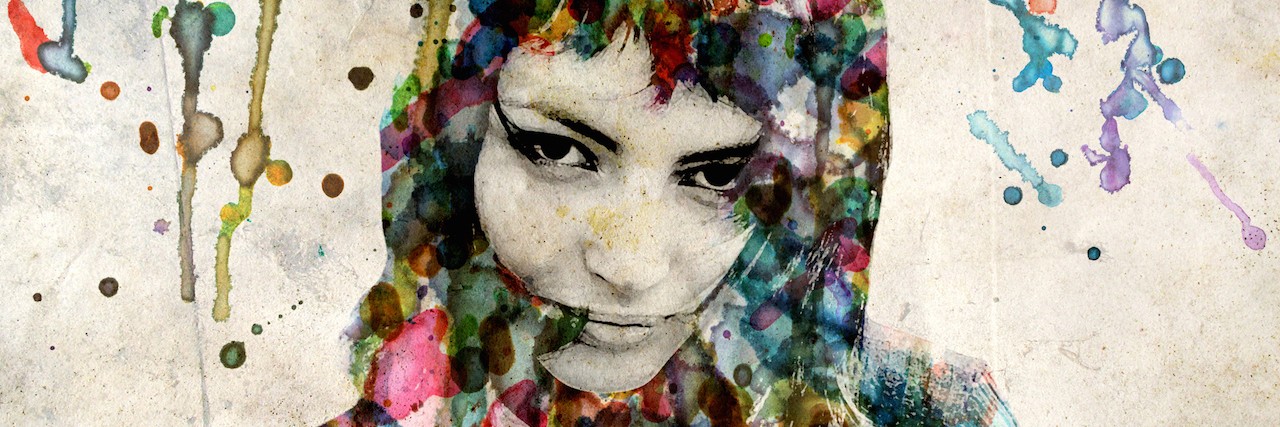Throughout my childhood, I dealt with various traumas by chronically over-eating. By college, I had gained enough weight to be considered medically obese. At 19, I decided to diet, but my perfectionism took over; it turned to restriction. Whenever my body couldn’t handle restriction, I’d go back to overeating for a few days (not enough to be considered a binge), using exercise as a means to purge. Guilt would inevitably set in after a few days and I would resort to restriction. Eventually, it progressed to exercising in the mornings so that I could restrict all day, being able to put my weight-loss at maximum speed. If I could’t get both in, I was sure to purge by any means possible. I got down to a “normal” weight within three months — which, to most, was an achievement. However, professionals and people with eating disorder in my life knew how dangerous it was and I finally decided to get help.
Fast forward three years: I have been through an intensive outpatient program and have not been back since I discharged. Now, once a week, I sit in a room with women talking about struggling to maintain their almost-underweight bodies, scared of all the foods I love to eat and worried they won’t be able to eat enough by the end of the day. My eating disorder loves to tell me how terrible I am at having an eating disorder; that these women are what I am supposed to be — I am weak for eating things like donuts, ice cream and cake so easily and regularly. I am a phony for not being as thin as them. I worry about struggling not to over-eat rather than under-eat. I make it up because I seem to improve in areas of my eating disorder quicker than most. I am underserving of an eating disorder diagnosis because I am a restricter who actually still needs to lose weight. I’m not even a proper “bulimic” because I never went too extreme with any of the binging/purging behaviors.
I have atypical anorexia.
Despite my eating disorder (as well as misinformed people in my life) telling me my eating disorder isn’t “bad,” my thoughts are what are severe. My eating disorder is always there, always lying. I never get a break. I went into treatment when the thoughts took over my life and I could’t function normally anymore.
But I belonged there. I “deserve” my diagnosis. I am not supposed to be a certain way to know my eating disorder is valid. Before I could start recovering, I had to accept this. To keep going, I have to accept that my eating disorder is what it is; my body is where it is at. One day my body may be different, but it is all a process; it doesn’t make me any lesser than the thinner eating disorder warriors that surround me every Thursday evening — we’re all fighting for our best lives.
If you or someone you know is struggling with an eating disorder, you can call the National Eating Disorders Association Helpline at 1-800-931-2237.

